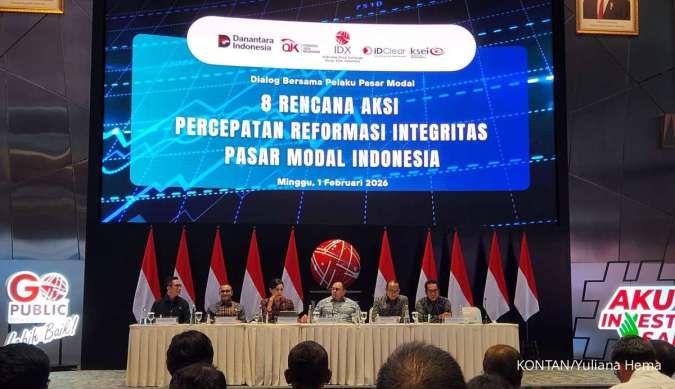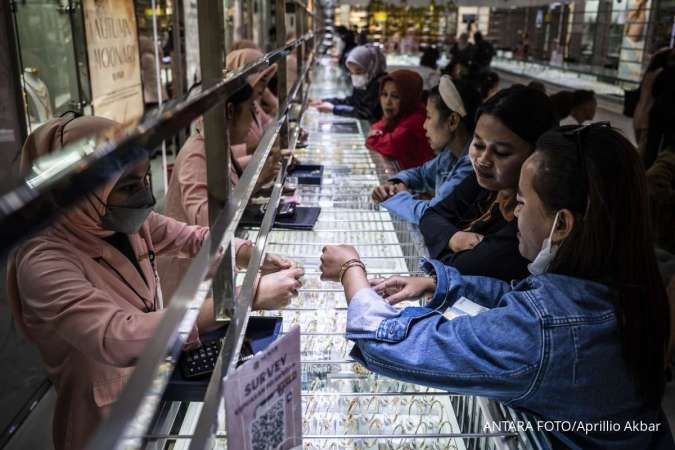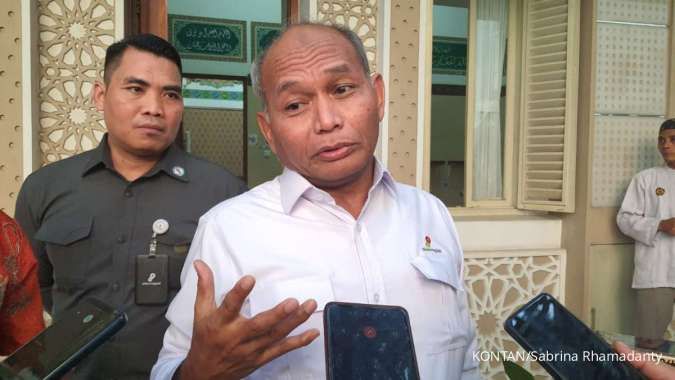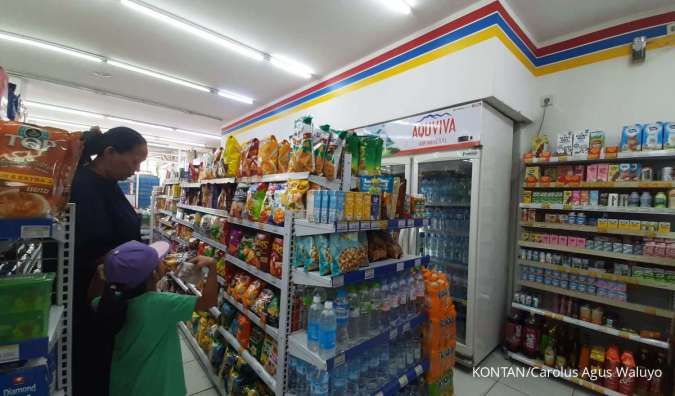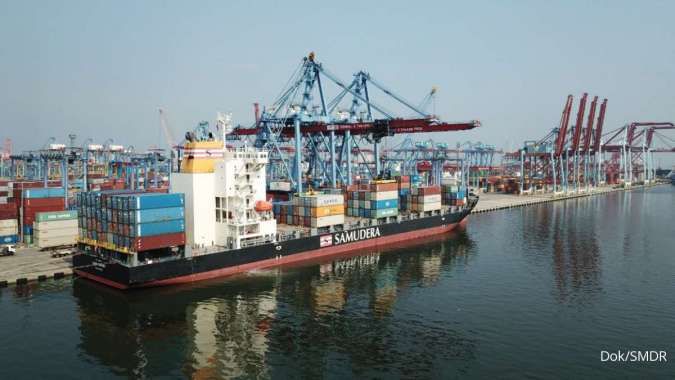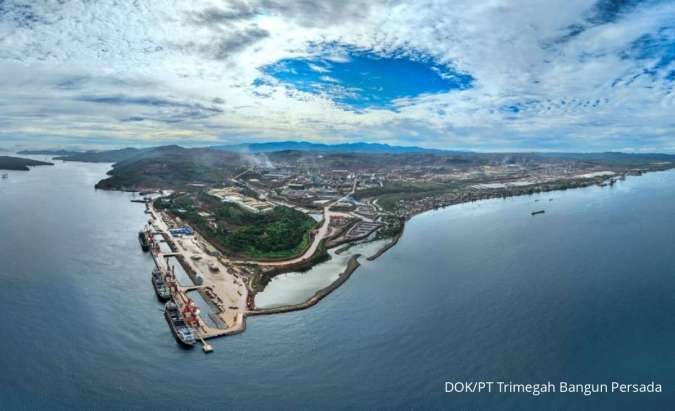Windstand the Rowdy Policies in Political Years

KONTAN.CO.ID - In the year of politics, the government is said to be starting to selectively implement a number of policies. The government will withstand some regulations that are considered sensitive and unpopular with the public. At the same time, populist policies began to appear.
Based on research and information received by KONTAN, non-populist policies will not be enacted this year. For example, restrictions on Pertalite type fuel (BBM) consumption. This policy, which was supposed to be implemented before Lebaran this year, has not been rolled out. "The revision of Presidential Regulation No. 191/2014 (to limit Pertalite) will not happen," said KONTAN's source, recently.
The Coordinating Ministry of Maritime Affairs and Investment Affairs, the Ministry of Energy and Mineral Resources, and BPH Migas have not responded KONTAN's confirmation until yesterday.
Aside from the Pertalite restriction plan, the limitation policy for 3-kilogram LPG gas purchases is also likely to vanish. The plan is targeted to take effect on January 1, 2024; however, it has encountered various obstacles, ranging from the accuracy of recipient data to the socialization that has not been carried out by the government until now.
Baca Juga: Belanja Melambat, Laju Ekonomi Bisa Tersendat
Besides, the government plans to increase the Value Added Tax, or VAT (PPN), rate by 12% as well. In fact, this policy applies no later than January 1, 2025, but the government could have implied it starting this year or next year to boost state revenue, which has not been maximized. Later, the government gave a signal not to accelerate the implementation of the 12% VAT rate. The Ministry of Finance chose to wait for the deadline for determining the policy.
At the same time, the government started to implement policies that were considered popular. KONTAN noted that last March the government launched food assistance (Bansos) to provide chickens and eggs for the poor.
In addition, a proposal to increase the basic salary for the Civil Servants (ASN) was brought up last week. The last time ASN salaries rose was in 2019, also in the political years.
The government's maneuvers get the attention of a number of parties. The director of the Center of Economic and Law Studies (Celios), Bhima Yudhistira, assessed that non-populist policies ahead of elections are rare in every government. Instead, the government is more likely to issue more political policies. "Recently, there was a discourse on increasing the salaries of civil servants, ministers, employee remuneration also wants to be raised," he said yesterday.
According to Bhima, this is due to the government's consideration to avoid any commotion ahead of the election. Even so, the government's choice could hamper fiscal reform in Indonesia. "For example, if fuel is not restricted this year, of course, the consequence will be an over-quota, which means that our subsidy budget can swell and widen the state revenue and expenditure budget (APBN) deficit," he said. For this reason, the government must wisely implement policies that are more needed for the Indonesian economy in the future, even though these policies are not populist.
Baca Juga: Perlindungan Data Nasabah Perbankan
The Indonesian Employers Association (Apindo) chairman, Hariyadi Sukamdani assessed that the policy of limiting fuel subsidies must be done, even though it is not 100%. This policy must be implemented so that the subsidy is right on target. He said that populist policies actually increase the burden of the state budget (APBN) as well as the deficit. As a result, the government is obliged to take on more loans if it is unable to close the deficit budget.
Association of Indonesian Policy Analysts (AAKI) chairman Trubus Rahadiansyah, assessed that a proposal to increase Civil Servant salaries as well as the budget for civil servants was full of political purposes. For example, he criticized the allocation of Rp 966 million budgeted for each electric car unit for civil servants. According to Trubus, not all civil servants need these electric vehicles.

